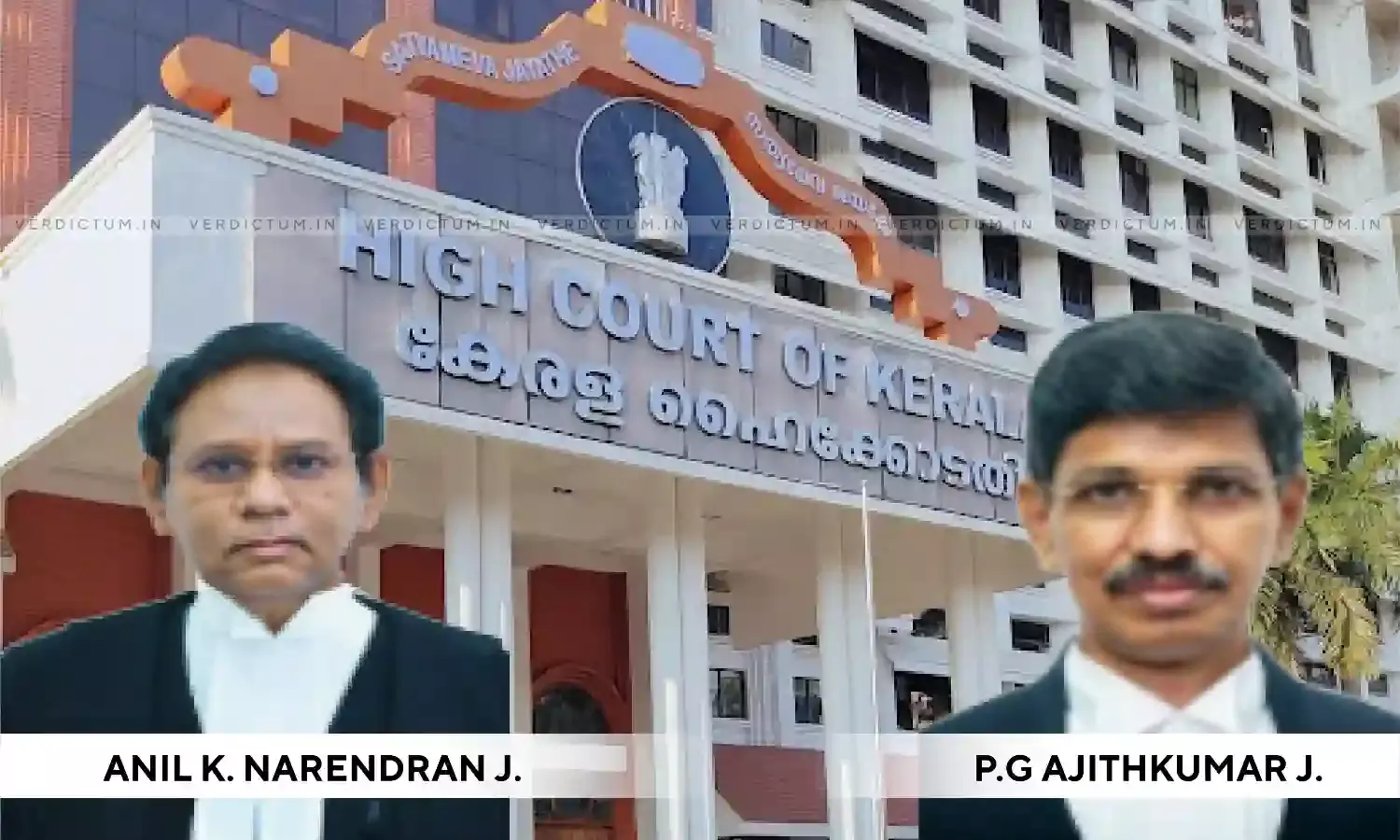High Court Is The Guardian Of Deity, Can Go Into Truth Of Loss Of Temple Property: Kerala High Court Reiterates

The Kerala High Court has reiterated that it can go into the truth of complaints about the loss of properties of temples. The Court held that in addition to being the guardian of the Deity, the High Court has inherent jurisdiction and the doctrine of parents patriae will apply to the exercise of such jurisdiction.
The Division Bench of Justice Anil K Narendran and Justice P.G. Ajithkumar was considering two writ petitions, one by the Cochin Devaswom Board seeking police protection for fencing of the properties of the Kuthapady Sastha Temple and the other by some devotees inter alia seeking removal of encroachments from the Temple land.
Advocate K.P.Sudher appeared for the Devaswom Board while Advocate S. Prasanth appeared for the devotees, the petitioners in the second writ petition. Advocates K. R. Vinod, Georgie Johny, R. Harishankar and N. Satheesh appeared for the respondents.
"The High Court therefore is the guardian of the Deity and apart from the jurisdiction under Section 103 of the Land Reforms Act, 1957 viz. the powers of revision, the High Court is having inherent jurisdiction and the doctrine of parents patriae will also apply in exercising the jurisdiction. Therefore, when there is a complaint about the loss of properties of the Temple, the truth of the same can be gone into by the High Court in appropriate proceedings", the Court held, referring to earlier judgments.
The encroachers had claimed that there is a public pathway over the temple land which has been in use for a long time and that the same has been recognized by some government authorities.
The Court relied upon the judgment of the Apex Court in the matter of A.A. Gopalakrishnan v. Cochin Devaswom Board and that of the Kerala High Court in the matters of Travancore Devaswom Board v. Mohanan Nair and Nandakumar v. District Collector & others.
The Court held that the properties of the Devaswom, if encroached upon by anybody and if any assignment/conveyance has been effected without the involvement of the Devaswom, securing ‘pattayam’ or such other deeds, the same cannot confer any right upon the parties concerned, unless the title so derived is clear in all respects.
Though the Court observed that the Cochin Devaswom Board and its officials have a duty as well as a right to protect the Temple property, it held that the same does not mean that any vested right that exists in favour of third parties can be denied on the pretext of protecting the Temple property. The Court thus held that the Board is entitled to the relief sought, subject to the condition that a walkable way along the northern and eastern extremity of the Temple compound is not curtailed.
The Court noted that the Board has already initiated proceedings against alleged encroachers and directed the Police to afford adequate and effective police protection to the Devaswom Board for protecting the property of Kuthapady Sastha Temple.
Cause Title: Cochin Devaswom Board & Ors. v. The District Police Chief & Ors. [WPC 19921 of 2021]
Click here to read/download Judgment

